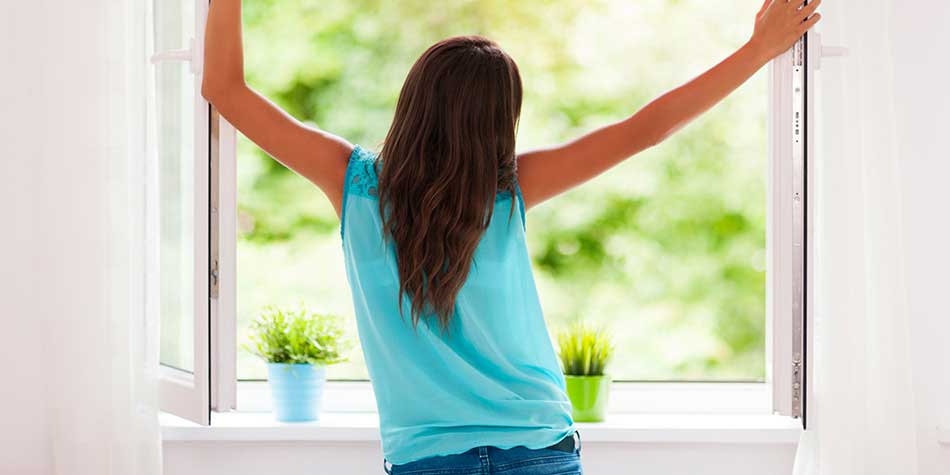Why Are My Allergies Worse When It Rains
Olivia Luz

If you have pollen allergies shut the windows and stay indoors on windy days.
For the most part rainy days are actually great for people who suffer from allergies. The humidity that occurs when it rains helps to weigh pollen down and prevent it from spreading through the air. Because of the smaller size the pollen can enter the small airways and noses of susceptible people and cause them to have an allergic reaction marks cogan said. Ragweed is a common cause of hay fever which is also known as allergic rhinitis.
When this happens you may find that your allergy symptoms lessen and you feel better than usual. Why allergies flare up when it rains. Are your allergies worse in or after a rainstorm. But rain can cause issues for those with allergies to grass weeds dust and mold.
In addition mold spores can. Rainy or humid days. The rain will often temporarily wash the pollen particles out of the atmosphere causing the pollen counts to go down. When it rains when grass and weed pollen is high drops can hit the ground and break up clumps of pollen into smaller particles.
RELATED ARTICLE :
However some people notice that sinus pressure gets worse when it rains. The plant usually begins to pollenate in mid august and may continue to be a problem until a hard freeze depending on where you live. As trees plants grow and start flowering pollen also increases. Moisture makes mold grow both indoors and out.See an allergist for prescription medications to control symptoms or to see if allergy shots may be your best option. Wind blows pollen into the air causing hay fever. Pien says yes allergies can get much worse when it rains. When the question are allergies worse when it rains is asked it is important to consider the fact that there are major temperature changes when rains begin.
If so that s completely normal said warner carr md an allergist and fellow of the american college of allergy asthma and immunology. Rain can also be bad. They then quickly disperse causing a sudden increase in allergy and allergic asthma symptoms during the rain shower. The temperature drops suddenly and the cloud cover also shuns the sun making the weather colder.
She adds that some studies have even shown that pollen grains can rupture or burst and then be inhaled by people with allergies and asthma. Less pollen usually means less symptoms for people with allergies. So with increase in wind these pollen particles travel all the way to your body and trigger allergic reaction. Soil gets enough water with rain and you might have seen many unwanted grass grow.
Source : pinterest.com















